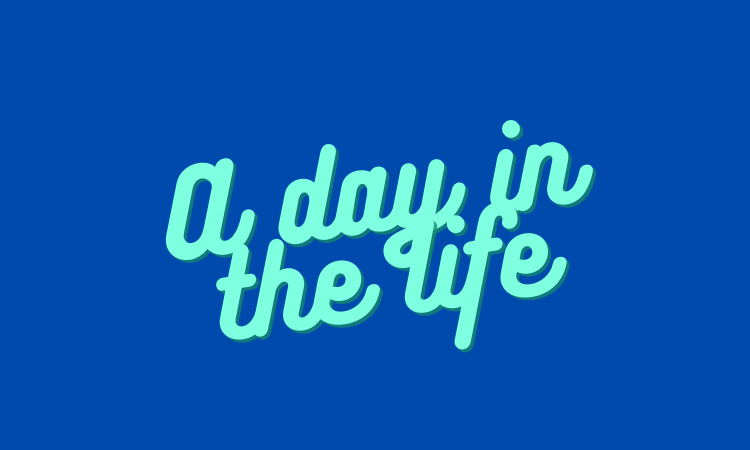Day in the Life
‘It’s about balancing things’: A day in the life of Bar Geron, CEO and co-founder of Balance
- Bar Geron is the CEO and co-founder of Balance, a B2B payments platform that brings a consumer-like checkout experience to businesses.
- From practicing meditation to learning how to play piano, Geron has found his own way of keeping his day structured.










